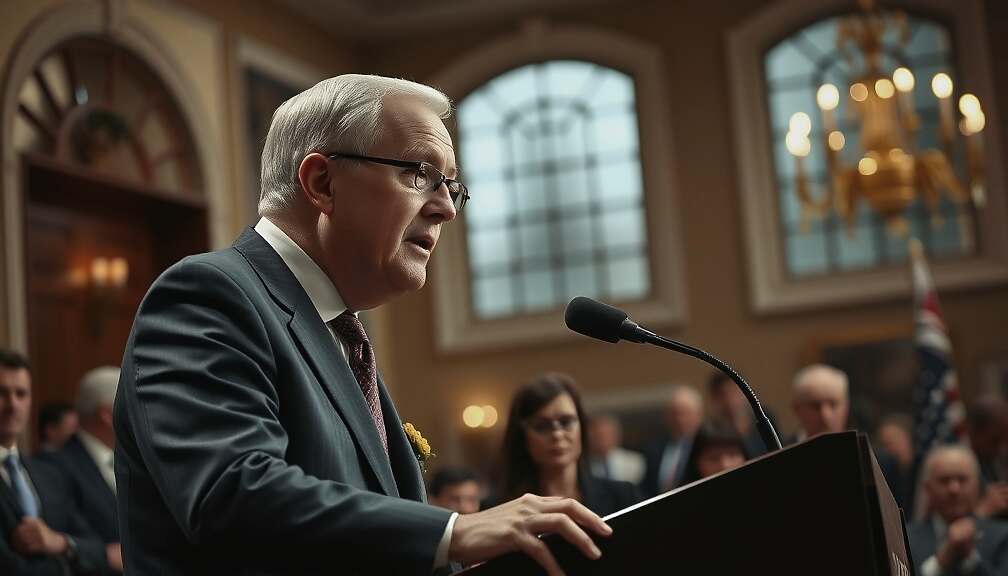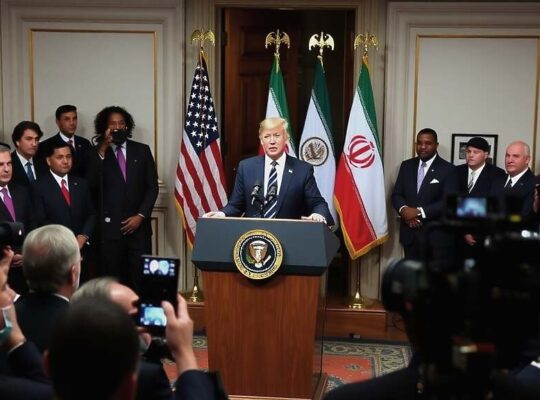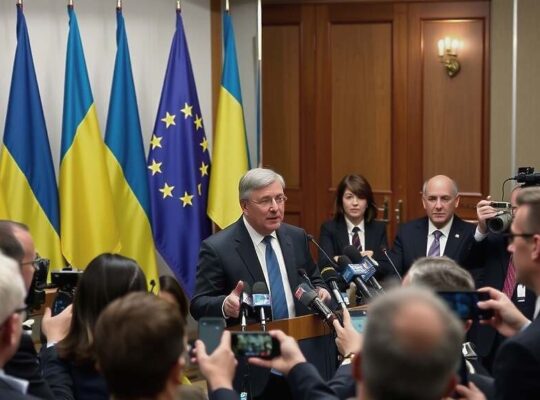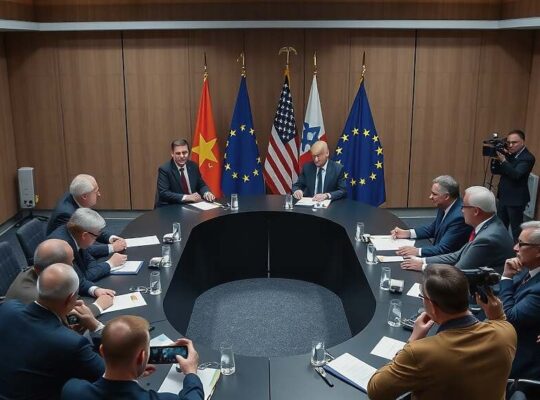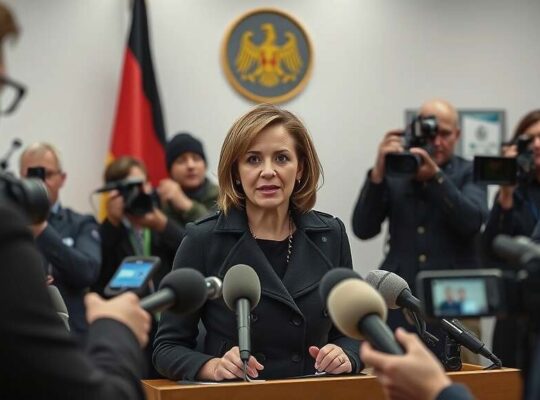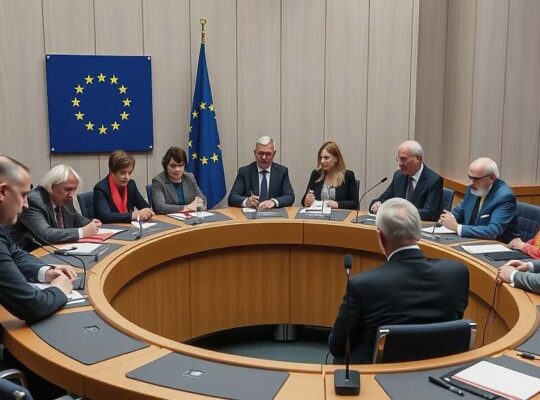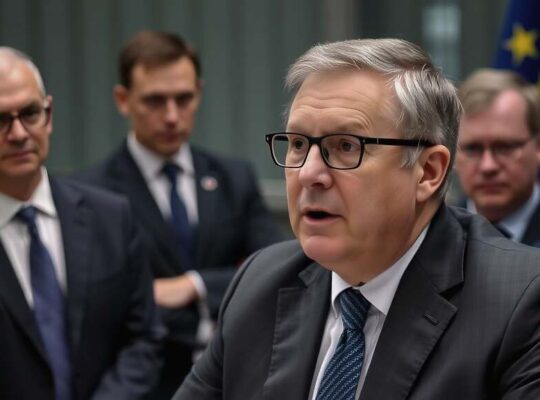A Swiss political commentator believes recent US trade policies are prompting a shift in public opinion within Switzerland towards closer ties with the European Union. Roger de Weck predicts increased support for a forthcoming package of agreements designed to solidify the future relationship between Switzerland and the EU.
De Weck argues that Switzerland would be significantly disadvantaged by distancing itself from the EU, particularly given the perceived unreliability of the United States. He points to a growing trend of authoritarianism in America, coupled with the challenges posed by China and Russia, framing these factors alongside regional instability stretching from Ukraine through the Middle East and North Africa. He believes this external pressure will foster greater internal cohesion within both Europe and Switzerland.
He posits that Switzerland cannot thrive in isolation and requires dependable partnerships, identifying the EU as the primary viable option due to its commitment to liberal democracy and adherence to contractual obligations. De Weck highlighted the EU’s significant contribution to Swiss trade, representing approximately 60 percent of its total volume – equating to one billion Swiss francs per working day.
De Weck also delivers a forceful critique of long-held Swiss principles, describing the nation’s neutrality as a “foundational myth”. He contends that Switzerland’s security ultimately relies on NATO membership and that historically, low defense spending – currently 0.7 percent of GDP with a planned increase to 1 percent by 2032 – has been facilitated by reliance on US protection. He suggests this reliance may no longer be sustainable as European nations take greater responsibility for their own security.
He further places partial responsibility for the expectation that Switzerland might fare better in trade negotiations with the US than the EU on the Swiss People’s Party (SVP). He suggests ideological alignment between the SVP and the Republican party led to a miscalculation, as nationalist leaders like Trump do not prioritize the interests of foreign nationalistic movements.


